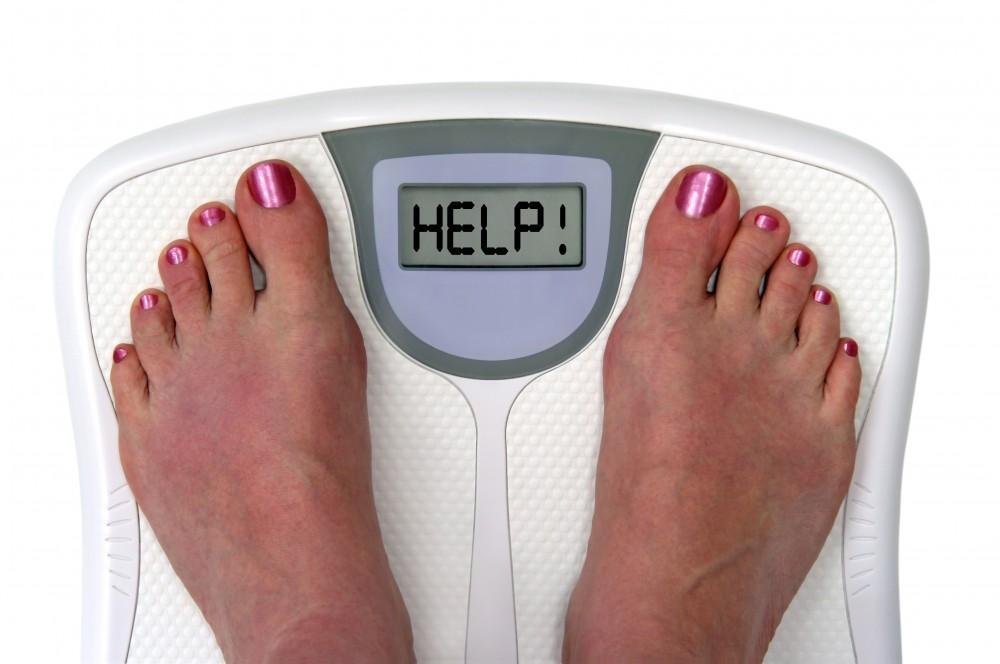When your hormones. These powerful chemical messengers silently influence whether your body stores fat, burns energy, or sends you to the fridge for a midnight snack.
In this post, we’ll explore the powerful link between hormonal levels and weight gain/loss, uncovering how your internal chemistry can either work for you—or against you.
🔬 What Are Hormones, and Why Do They Matter for Weight?
Hormones are chemical messengers produced by glands like the thyroid, pancreas, adrenal glands, and others. They regulate key bodily functions like:
-
Metabolism
-
Hunger and satiety
-
Fat storage
-
Muscle growth
-
Energy usage
When your hormones are in balance, your body naturally maintains a healthy weight. But when things go out of whack? You might gain or lose weight uncontrollably—despite your best efforts.
⚖️ The Hormones That Control Your Weight
Let’s break down the major hormones linked to weight gain and weight loss:
1. Insulin: The Fat-Storing Hormone
-
Produced by: Pancreas
-
Role: Regulates blood sugar and fat storage
High insulin levels (often caused by sugar-heavy diets) encourage your body to store more fat, especially around the belly. This leads to insulin resistance, a key factor in weight gain and even type 2 diabetes.
✅ Tip: Eat fewer refined carbs and sugar. Focus on fiber-rich whole foods to keep insulin balanced.
2. Cortisol: The Stress Hormone

-
Produced by: Adrenal glands
-
Role: Manages stress response and energy levels
Chronic stress = chronically high cortisol, which increases appetite and cravings—especially for fatty, sugary comfort foods. It also leads to fat accumulation around the waist.
✅ Tip: Prioritize sleep, relaxation, and mindfulness. Reducing stress can shrink your waistline.
Read More| Home Remedies for Anxiety: Natural Ways to Find Calm
3. Leptin: The Satiety Hormone
-
Produced by: Fat cells
-
Role: Tells your brain when you’re full
Overeating can lead to leptin resistance—your brain ignores the “full” signal, and you continue to eat. This creates a vicious cycle of weight gain and hunger.
✅ Tip: Avoid processed foods that disrupt leptin signaling. Intermittent fasting can help reset leptin sensitivity.
4. Ghrelin: The Hunger Hormone
-
Produced by: Stomach
-
Role: Stimulates hunger
Ghrelin spikes before meals and drops after eating. Poor sleep and stress can elevate ghrelin, making you feel hungrier throughout the day—even when you’ve had enough food.
✅ Tip: Get 7–9 hours of quality sleep each night to naturally regulate ghrelin.
5. Thyroid Hormones (T3 and T4): The Metabolic Regulators
-
Produced by: Thyroid gland
-
Role: Control metabolism and energy usage
An underactive thyroid (hypothyroidism) can cause fatigue, slowed metabolism, and weight gain, even if your diet is clean.
✅ Tip: Get your thyroid levels checked if you’re gaining weight unexpectedly or experiencing fatigue, dry skin, or cold intolerance.
6. Estrogen and Progesterone: Female Hormonal Balance
-
Produced by: Ovaries
-
Role: Regulate menstruation, mood, and fat distribution
Imbalances in estrogen (too high or too low) can lead to fat storage around hips, thighs, or belly. Menopause, birth control, or hormone-related conditions like PCOS can significantly impact weight.
✅ Tip: Eat hormone-balancing foods like flaxseeds, cruciferous vegetables, and healthy fats. Consult a healthcare provider for hormone testing.
Read More| Home Remedies for Acne: Natural Solutions for Clear Skin
🧠 Hormones and Weight Loss Resistance: Why Diet Alone May Not Work

You’ve tried calorie counting, keto, running, and green smoothies—but the scale won’t budge?
Chances are, your hormones are working against you. When your metabolism is slowed, hunger hormones are overactive, and fat-storage signals are high, your body enters survival mode. You’ll burn fewer calories and store more fat—no matter how hard you try.
Read More| How to Use Apple Cider Vinegar for Better Digestion, Skin, and Health
💡 How to Balance Hormones Naturally for Healthy Weight
Want your hormones to support your goals instead of sabotage them? Start with these tips:
✅ 1. Eat a Hormone-Friendly Diet
-
High in protein, healthy fats, and fiber
-
Low in added sugar, refined carbs, and processed foods
-
Include hormone-balancing foods: salmon, avocados, leafy greens, seeds
✅ 2. Prioritize Sleep
-
Aim for 7–9 hours per night
-
Sleep resets cortisol and hunger hormones
✅ 3. Manage Stress
-
Practice yoga, meditation, breathwork, or light exercise
-
Chronic stress = high cortisol = fat gain
✅ 4. Lift Weights and Move Daily
-
Exercise improves insulin sensitivity and boosts metabolism
-
Resistance training builds muscle, which burns more fat at rest
✅ 5. Get Regular Health Checkups
-
Especially thyroid function, insulin levels, and sex hormones
-
Early detection of imbalances makes weight management easier
📌 Final Thoughts: Master Your Hormones, Master Your Weight
If you’ve been struggling with unexplained weight gain or frustrating plateaus, it’s time to look beyond calories and cardio. Hormones are the missing link in the weight loss puzzle—and understanding them can unlock real, sustainable results.
Balance your hormones → reset your metabolism → transform your health.

